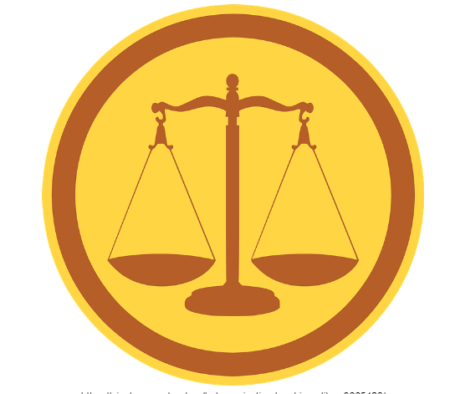As the old saying goes, a good lawyer is worth their weight in gold. And when it comes to legal matters, that couldn’t be more true. If you’re looking for the best chance of winning your case, then you need to find a good Chicago lawyer to represent you. But with so many out there, how do you know who to choose?
Here are several useful tips on how to choose a good lawyer for your case. By following these guidelines, you can be sure that you’re making the best decision possible for your situation.

Look for experience
When it comes to legal matters, you want a lawyer who has a lot of experience under their belt. Look for someone who has handled cases similar to yours in the past and who knows the ins and outs of the legal system. The more experience a lawyer has, the better equipped they’ll be to handle your case.
For instance, if you’re facing a DUI charge, you want to find a lawyer who has experience dealing with these types of cases. They’ll know the best way to approach your case and will have a good understanding of the potential outcomes. On the other hand, you will need a Chicago criminal defense lawyer to help you with your case if you have been accused of a crime. This type of lawyer will have a different skill set and experience than a DUI lawyer, so it’s important to choose one that specializes in the area you need help with.
Experience is also important when it comes to the size of the law firm. If you have a complex case, you’ll want to make sure you choose a lawyer from a large firm who has the resources to handle your case properly. However, if your case is relatively simple, you may be better off choosing a smaller firm or even a solo practitioner.
Get referrals
If you don’t know any lawyers, a great way to find a good one is to ask for recommendations from friends or family members who have used a lawyer in the past. They can give you first-hand accounts of their experiences and can let you know if they would recommend the lawyer to others.
You can also ask other professionals, such as your accountant or financial advisor, for their recommendations.
When you get referrals, be sure to ask about the lawyer’s experience, how they handled the case, and whether or not they were able to get a favorable outcome. You will also want to know about the lawyer’s communication style and whether they were easy to work with.
On the other hand, some great online resources can help you find a lawyer. For instance, the website Avvo.com allows you to search for lawyers in your area and provides ratings and reviews from past clients.
You can also check with your local bar association to see if they have any recommendations.
Do your research
Once you have a list of potential lawyers, it’s time to do your homework. Start by visiting the lawyer’s website and see if they have any information about their experience or practice areas. You can also check their social media accounts to see if they are active and engaged with their clients.
It’s also a good idea to read online reviews from past clients. However, keep in mind that not all of these reviews will be accurate or objective. Some people may be more inclined to leave a negative review even if the lawyer did a good job.
Check credentials
When you narrow down your choices to a few lawyers, the next step is to check their credentials. Make sure they are licensed to practice law in your state and that they have no disciplinary actions against them. You can also check their ratings with Martindale-Hubbell, which is a respected directory of lawyers.
In addition to checking credentials, you will also want to make sure the lawyer you choose is a good fit for you personally. Schedule a consultation so you can meet with the lawyer and get a feel for their personality and how they communicate. This is an important factor to consider because you need to feel comfortable working with your lawyer.
You should also ask about the lawyer’s fees during the consultation. Be sure to get an estimate in writing so there are no surprises down the road.
Consider cost
Of course, you will also need to consider the cost of hiring a lawyer. Attorneys usually charge by the hour, so be sure to ask about their rates upfront. You should also find out if there are any additional fees, such as for expert witnesses or court costs.
Some lawyers may also offer a flat fee, which can be a good option if you have a simple case. However, it’s important to ensure you understand what is included in the flat fee before agreeing to it. For instance, you may be responsible for paying the court costs even if you don’t win your case.
Or, the flat fee may only cover a certain amount of time, so you’ll be responsible for paying the lawyer’s hourly rate if the case goes on longer than expected.
You can also ask about payment plans or whether the lawyer is willing to work on a contingency basis. On a contingency basis, you only have to pay the lawyer if they win your case. This can be a good option if you don’t have the upfront money to pay for an attorney.
However, remember that you should never make your decision based solely on cost. You want to make sure you choose a lawyer who you feel confident will do a good job on your case, even if it costs more than you originally expected.

No one wants to have to go through the process of finding a lawyer, but if you do find yourself in this situation, it’s important to know what to look for. By following these eight guides on how to choose a good lawyer for your case, you can be sure that you are making a smart decision.
Keep in mind that cost should not be the only factor in your decision – you also want to feel confident that you are working with a competent and experienced attorney.